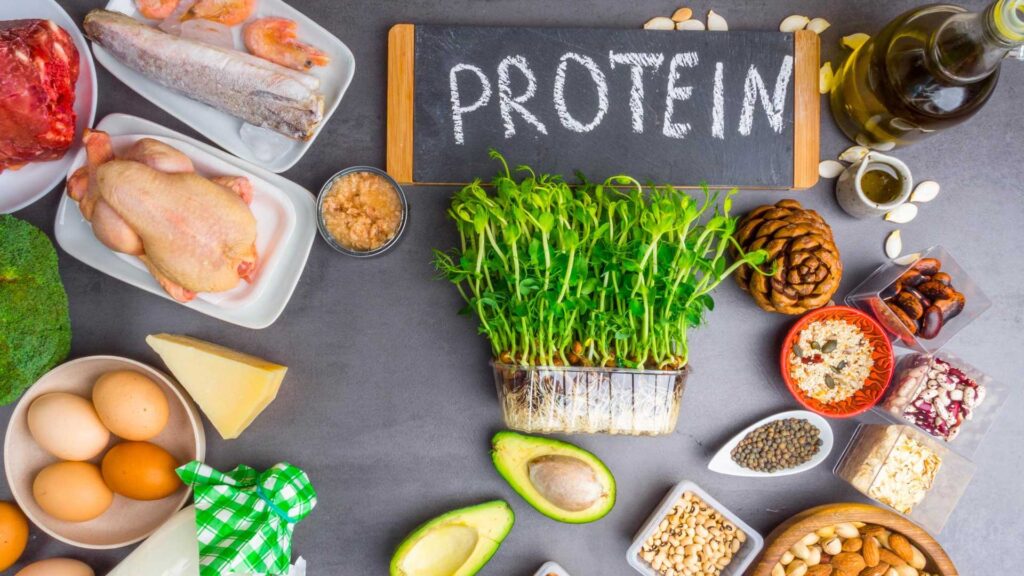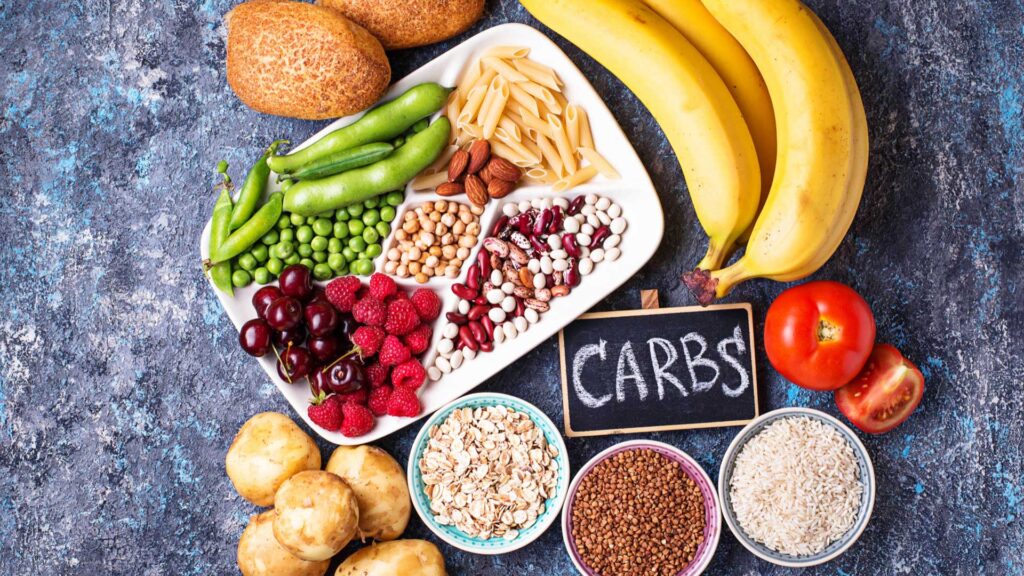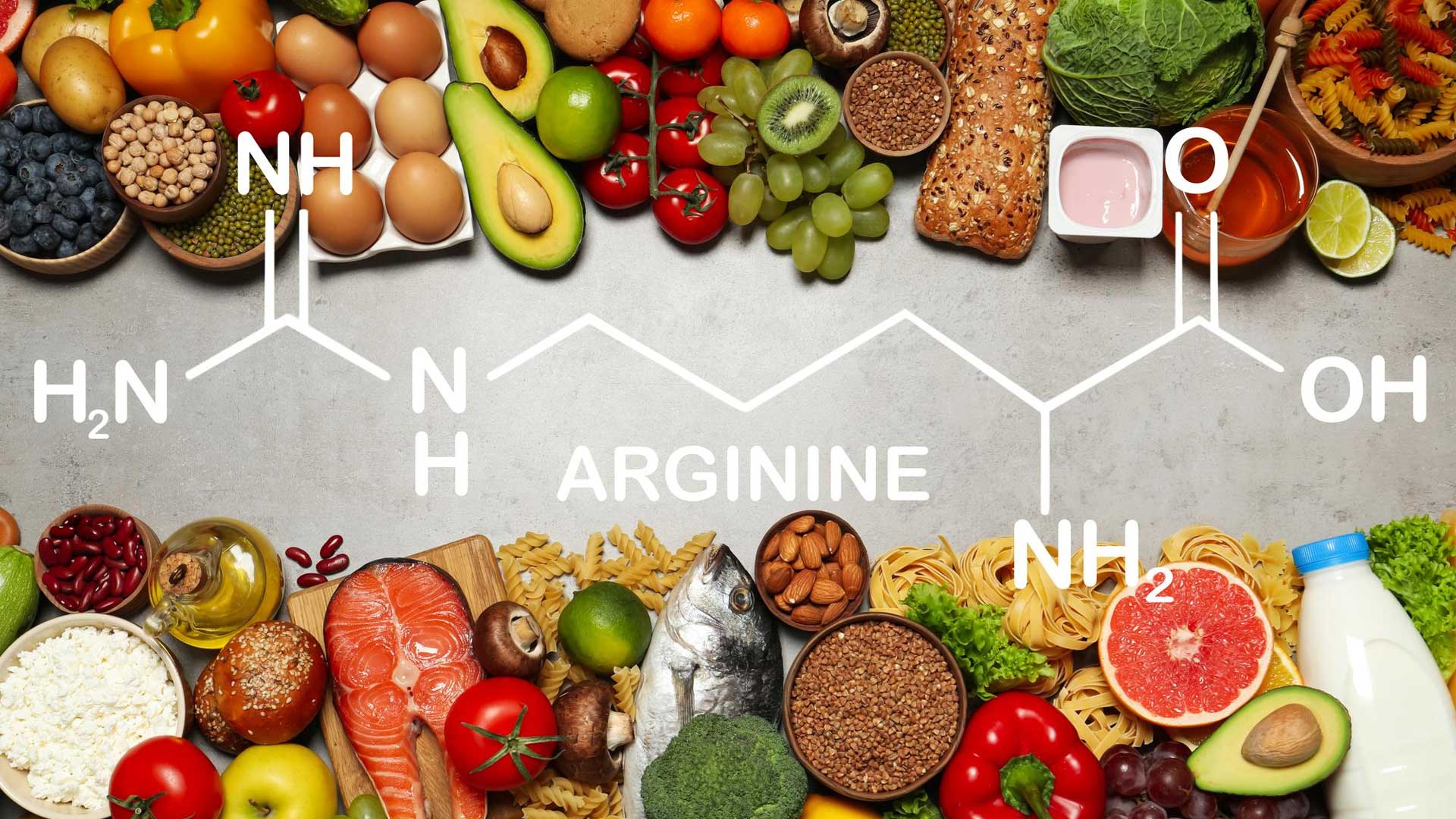Imagine your body is like a car. Just like a car needs the right kind of fuel to run, your body needs the right kind of food to work properly. These special foods are called macronutrients, and they are super important because they give your body energy and help it grow strong. There are three main types of macronutrients: carbohydrates, proteins, and fats. Each one has its own special job in keeping you healthy and full of energy! By understanding macronutrients: what they are and why they matter, you can make sure you’re giving your body the right kind of fuel. Think of carbohydrates as the gas that gets you going. They are like the quick energy that powers your muscles and brain. Proteins are like the car’s building blocks; they help fix little damages and build your body’s muscles so you can grow stronger. Lastly, fats are like a reserve tank of fuel; they store energy that your body can use later and also keep your skin and hair healthy. So remember, just like a car runs best with a full tank of the right kind of fuel, your body needs a good mix of these macronutrients to run smoothly and keep you playing, learning, and growing!
Carbohydrates: Your Body’s Main Energy Source
Think of carbohydrates as the fuel that powers your body, just like gasoline powers a car. These important nutrients are found in plenty of delicious foods, including bread, rice, fruits, and vegetables. When these foods reach your stomach, your body gets to work, transforming them into a special kind of sugar known as glucose.
Glucose is super important because it’s the preferred energy source for your brain and muscles. It’s like the premium fuel that keeps you thinking clearly and moving energetically. So, when you’re learning new things at school or playing sports during recess, it’s glucose that helps keep you at the top of your game.
To make sure you have enough energy throughout the day, it’s smart to eat a balanced amount of carbs. Not too much, not too little—just right to keep your energy levels steady. But remember, not all carbohydrates are created equal. Foods like whole grains, fruits, and veggies also give you vitamins and minerals, while sugary snacks can lead to a quick energy spike followed by a crash. So, choosing the right types of carbohydrates can make all the difference in how you feel and perform.
Lastly, it’s fun to know that carbohydrates do more than just provide energy. They also help with digestion and can even protect your muscles. When you eat foods rich in fiber, another type of carb, they help keep your digestive system running smoothly. And when your body has all the glucose it needs for energy, it doesn’t need to use the protein from your muscles for fuel, which is a big plus if you want to stay strong and healthy.
Remember, eating a mix of carbohydrates throughout the day can help you stay energized and focused. So next time you’re enjoying a meal or reaching for a snack, think about how it will fuel your body for all the fun and learning ahead!
Proteins: Building Blocks of Your Body

Imagine your body is a house being built. Proteins are the bricks and lumber that workers — your cells — need to construct and repair the place you live in, which is your body. Just like a house needs solid materials to be strong, your body needs protein to be healthy and work properly.
Proteins can be found in a variety of foods. If you’re a fan of a good drumstick or a juicy steak, you’re in luck because chicken and beef are packed with protein. Not a meat-eater? No problem! You can also get your protein from beans, lentils, tofu, and even quinoa. These are awesome options that keep your meals interesting and your body happy.
Not only do proteins help you build muscles when you flex, but they also play a role in making your hair shiny and your skin smooth. So, when you eat a meal with plenty of protein, you’re not just helping your muscles grow, you’re also taking care of your looks! Plus, protein helps with healing, so if you scrape your knee or have a little accident, eating protein helps you heal faster.
As you grow taller and stronger, especially during your teenage years, your body demands more of these building blocks. Think of it like a house that gets an addition — maybe a new room or a second floor. Your body needs more protein to help build that new space. So, it’s super important to make sure you’re getting enough protein in your diet every day.
Remember, like any good building project, balance is key. Just as you wouldn’t build a house with bricks alone, your body needs other nutrients too, like vitamins from fruits and vegetables, and energy from carbohydrates. But for now, keep in mind that protein is a major player in the construction site that is your body, and giving it the right amount will help you grow up strong and healthy.
Fats: Essential for Good Health
Fats might sound like something you should avoid, but your body actually needs some fat to stay healthy. Fats are found in foods like oils, butter, avocado, and cheese. They help your body absorb vitamins, keep your brain healthy, and protect your organs. But remember, not all fats are created equal. It’s best to choose healthy fats, like the ones in nuts and fish, over unhealthy ones, like in junk food.
Why Your Body Needs Fat
Think of fats as one of the main building blocks for your body. Just like a house needs bricks, your body needs fats to build cell walls. Fats also act like little workers that help you absorb essential vitamins such as Vitamin A, Vitamin D, and Vitamin E. These vitamins are important because they keep your eyes sharp, your bones strong, and your skin glowing. Plus, fats keep your brain sharp and your memory in tip-top shape.
Different Types of Fats
Not all fats are the same. There are good fats and bad fats. Good fats, also known as unsaturated fats, include olive oil, nuts, seeds, and fish. These fats can help lower the risk of heart disease and stroke. They can also keep your cholesterol levels healthy. On the flip side, bad fats, like saturated and trans fats found in fried foods, baked goods, and processed snacks, can raise your cholesterol and increase your risk of heart disease.
How to Choose Healthy Fats
To make sure you’re picking healthy fats, start by looking at food labels. Choose foods with high amounts of unsaturated fats and low amounts of saturated fats. Try cooking with olive oil instead of butter, and eat fish like salmon or trout once a week for a dose of omega-3 fatty acids. Snack on a handful of almonds or walnuts instead of chips. And remember, moderation is key. Even healthy fats have a lot of calories, so eat them in small amounts.
Balance is Important
While fats are important, it’s all about balance. Your body needs a mix of proteins, carbohydrates, and fats to function well. Eating too much fat, even the healthy kind, can lead to weight gain. So, aim to fill your plate with a variety of foods. Include plenty of fruits, vegetables, whole grains, lean proteins, and healthy fats to get all the nutrients your body needs.
Remember, fats are a vital part of your diet, but they’re just one piece of the puzzle. Eating a wide range of foods will help you get the right balance of nutrients for good health. So go ahead, enjoy that avocado toast, but don’t forget to eat your greens and whole grains too!
The Importance of Balance

Think of your body as a team, where each player has a special role. Macronutrients are like these team players, and they include carbohydrates, proteins, and fats. Just as a soccer team can’t win with only goalkeepers, your body can’t run properly if it only gets one type of nutrient. It’s all about teamwork inside your body!
Carbohydrates are your body’s main energy source. They’re like the fuel you put in your car. Foods like bread, rice, and fruits are great sources. Imagine you’re about to run a race; carbs help make sure you don’t run out of energy before you reach the finish line.
Proteins are the building blocks for your muscles and organs. Every time you jump or sprint, you’re using muscles that proteins helped build. You can find protein in foods like chicken, beans, and nuts. They make sure you’re strong enough to climb that tree or hit that home run.
Lastly, fats might sound bad, but they’re actually very important. They keep your cells healthy and help your body use vitamins. Plus, they’re a backup energy source when you’ve used up all your carbs. Healthy fats come from foods like avocados, olive oil, and fish. They’re like the reserve players on a team, ready to help out when needed.
Now, eating too much of any one macronutrient is like having a team with only one type of player. If you eat too many carbs but not enough protein, you might have the energy, but your muscles won’t be as strong. Or, if you eat a lot of fat but skip the carbs, you might not have the energy to run and play. To feel your best, you need a mix of all three, just like a winning team needs a mix of players. So, make sure your plate has a bit of everything, and you’ll be giving your body all it needs to help you play, learn, and grow!
Why Macronutrients Matter
Macronutrients are superstars because they help you do everything from running faster to thinking smarter. They’re the heroes behind the scenes, making sure your body can do all the amazing things you want it to do. So, next time you sit down for a meal, think about the macronutrients on your plate, and remember how they help you live a happy, healthy, and energetic life!




